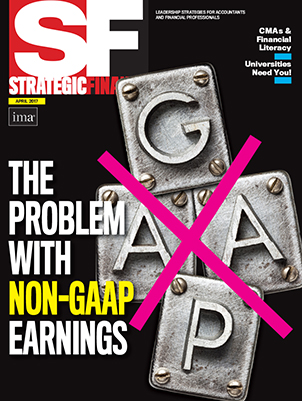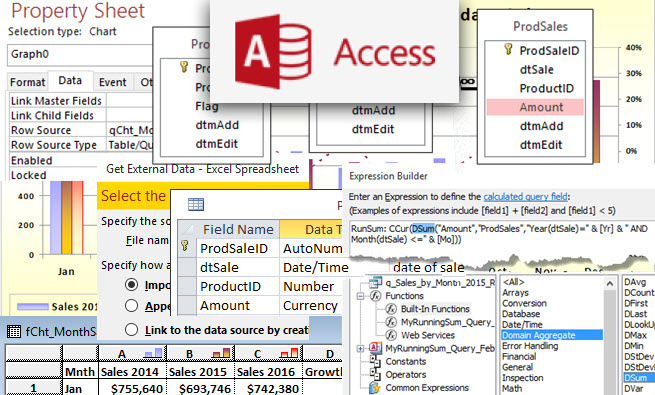Whistleblower awards by the U.S. Internal Revenue Service (IRS) skyrocketed by more than 322% in fiscal year 2016, from 204 awards in 2015 to 418 in 2016, amounting in value to more than $61 million over the course of the year. This resulted in the collection of nearly $369 million in additional taxes.
“Whistleblowers have helped the IRS detect and deter tax noncompliance and avoidance, helping to protect both the nation’s revenue collection and the integrity of our voluntary compliance tax system,” said IRS Whistleblower Office Director Lee D. Martin in the agency’s 2016 Annual Report to Congress. “Indeed, since 2007, information submitted by whistleblowers has assisted the IRS in collecting $3.4 billion in additional revenue, and, in turn, the IRS has approved more than $465 million in monetary awards to whistleblowers.”
Actions by IRS whistleblowers have helped to recover tax money that otherwise would have been lost to fraud, according to Senator Charles Grassley (R.-Iowa), who in 2016 wrote into law provisions that improved the incentives for whistleblowers to speak up. Still, protection from employer retaliation isn’t always available. Grassley notes, “Whistleblowers often have put their livelihoods on the line to come forward, and they deserve timely answers from the IRS.” As of 2017, the IRS is working to provide whistleblowers legal protections from employer retaliation for coming forward, similar to the protections that are included in other whistleblower award programs, such as those contained in the Dodd-Frank Wall Street Reform and Consumer Protection Act of 2010. Equally important, Martin explains, is “to provide stronger protections for taxpayers by imposing a sanction on whistleblowers who improperly disclose taxpayer information obtained from the IRS in connection with their whistleblower claim. Strong protections for whistleblowers and for taxpayers are two key pillars of a successful whistleblower program and sound tax administration.”
Fiscal year 2016 was a catch-up year for the IRS Whistleblower Program as it closed 21,124 claim cases, a 99% increase from the previous year. The four most common reasons for closing a case were:
- The claim was rejected because the allegation wasn’t specific or credible or because it was speculative.
- The issues were below the threshold for IRS action.
- The claims were denied due to examination or whistleblower issues that were a “no change” (in tax liability) or no “Title 26 Collected Proceeds” (seizure of assets under administrative or civil judicial procedures).
- The information was already known to the IRS, there was a lack of resources to pursue a claim, or it was rejected due to a survey (no tax effects).
Monetary awards by the U.S. Securities & Exchange Commission (SEC) to whistleblowers under Dodd-Frank have exceeded $100 million, with $57 million given in fiscal year 2016. This is more than the total of all previous years since inception of the program in 2011. According to Jane Noorberg, chief of the SEC Office of the Whistleblower, “The total award amount demonstrates the invaluable information and assistance whistleblowers have provided to the agency and underscores the program’s extraordinary impact on the agency’s enforcement initiatives.”
The 2016 Annual Report to Congress on the Dodd-Frank Whistleblower Program notes that whistleblower reports have had a “transformative” effect on the SEC’s enforcement program, with hundreds of millions of dollars being returned to wronged investors. Since the program began, whistleblower assistance has led to successful SEC enforcement actions ordering more than $584 million in sanctions, including disgorgement of ill-gotten gains and interest of more than $345 million. The balance in the SEC Investor Protection Fund at the end of fiscal year 2016 amounted to more than $368 million. The Whistleblower Office received more than 4,200 tips (reports of wrongdoing) in fiscal year 2016, 40% more than all tips received since fiscal 2012, the first year that data is available.
The SEC was also active in fiscal year 2016 in protecting the rights of whistleblowers against retaliation. The Commission filed an action against Anheuser-Busch InBev SA/NV for stopping an employee from continuing to voluntarily communicate with the SEC. It also instituted proceedings against an Atlanta-based building products distributor and a California-based health insurance provider for using severance agreements to force outgoing employees to waive their rights to monetary recoveries if they engaged in whistleblower activities. Merrill Lynch received a similar sanction. The report notes that “companies cannot end-run the SEC’s whistleblower program by requiring employees to forego potential whistleblower awards as a condition to receiving their severance payments.” Almost one quarter of the award recipients submitted their information anonymously to the Commission through counsel, thus preserving their anonymity. The two most common complaint categories in fiscal year 2016 were Corporate Disclosures and Financial (22%) and Offering Fraud (15%).
The importance of speaking up when something doesn’t look right can’t be overemphasized. As the 2016 Report to the Nations by the Association of Certified Fraud Examiners shows, occupational frauds are detected most often by tips (reporting by knowledgeable individuals). An ethical climate encourages openly dealing with ethical issues before they become too big to solve easily. Management accountants need to act as ethics champions in accordance with the principles of honesty, fairness, objectivity, and responsibility and should encourage others within their organization to adhere to these principles.
IMA ETHICS HELPLINE
For clarification of how the IMA Statement of Ethical Professional Practice applies to your ethical dilemma, contact the IMA Ethics Helpline.
In the U.S. or Canada, dial (800) 245-1383. In other countries, dial the AT&T USA Direct Access Number from www.usa.att.com/traveler/index.jsp, then the above number.
The IMA Helpline is designed to provide clarification of provisions in the Statement of Ethical Professional Practice, which contains suggestions on how to resolve ethical conflicts. The helpline cannot be considered a hotline to report specific suspected ethical violations.

April 2017



